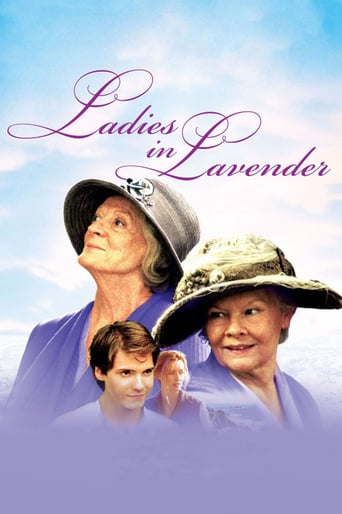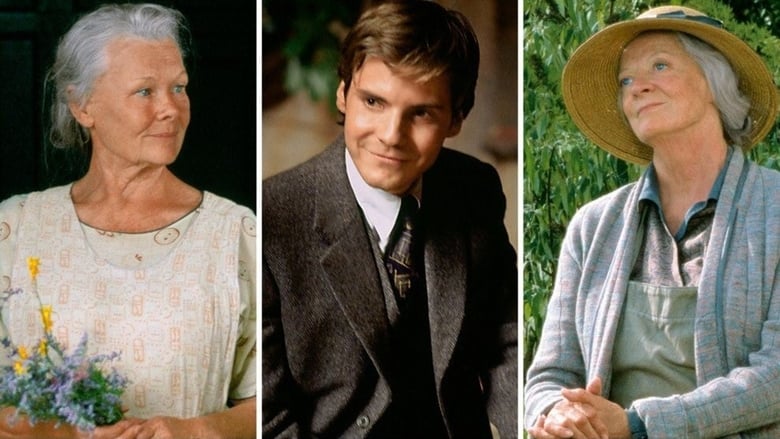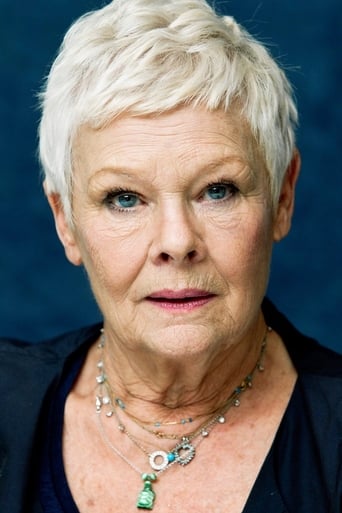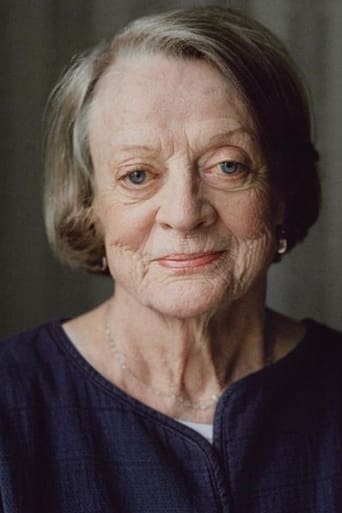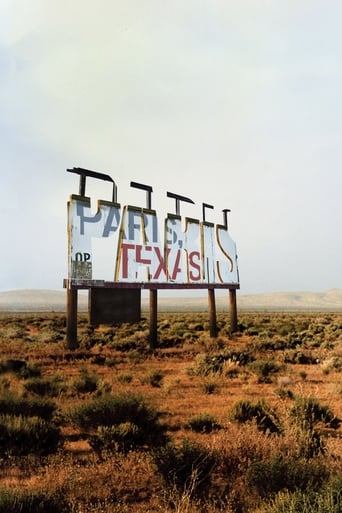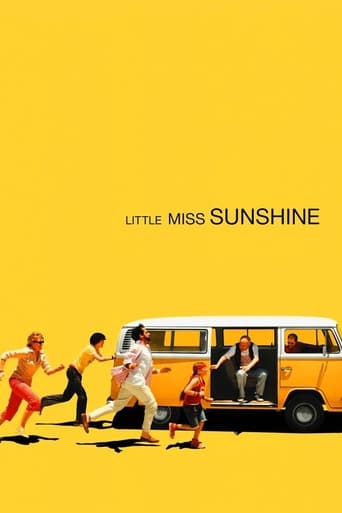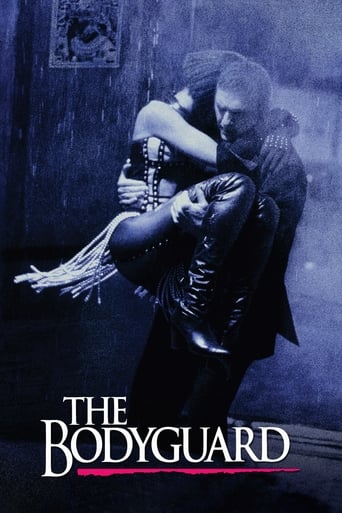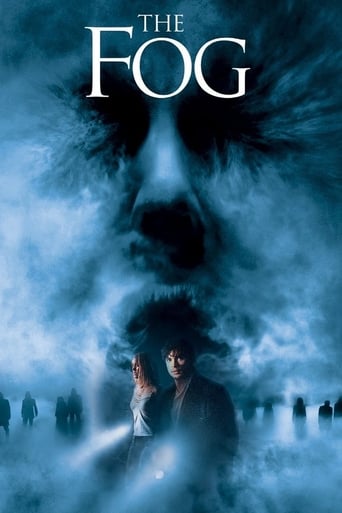Ladies in Lavender (2004)
Andrea, a gifted young Polish violinist from Krakow, is bound for America when he is swept overboard by a storm. When the Widdington sisters discover the handsome stranger on the beach below their house, they nurse him back to health. However, the presence of the musically talented young man disrupts the peaceful lives of Ursula and Janet and the community in which they live.
Watch Trailer
Cast


Similar titles
Reviews
Absolutely the worst movie.
True to its essence, the characters remain on the same line and manage to entertain the viewer, each highlighting their own distinctive qualities or touches.
The film may be flawed, but its message is not.
An old-fashioned movie made with new-fashioned finesse.
Charles Dance (Tywin Lannister from Game of Thrones) amply demonstrates that he understands how to tell a great story. There are no tense action sequences to drag missing plot elements along. Just a well told story masterfully acted by (arguably) some of the best female actors in cinema history.One surprising element is how music seamlessly integrates into the narrative. Although the person performing the pieces isn't actually playing, the illusion is good enough.For people with very short attention spans or requiring fast paced action, this film just isn't for you. This is no action flick. It is a charming story of how a chance house guest changes the lives of the sisters and their town.For anyone wanting a quiet evening of even-paced, masterfully acted, work of film: it is a sure bet.
This beautiful movie has great moments of humour and tenderness as two elderly sisters rescue a young man and help him regain his health after he is washed up on a beach near their home in southwestern England. The time is the 1930's, when the emotional scars of World War I made people in England suspicious of "foreigners". Yet this movie shows them following their best instincts. The movie is brilliant in its treatment of village life and the way the two sisters, admirably performed by Judi Dench and Maggie Smith, gave the young Polish violinist (Daniel Bruhl) the care, rest and medical assistance he needed to launch his career. The background photography captures a landscape that is rugged and pastoral. There is an excellent supporting cast who all do their part to help the young man. In the end, we see how the acts of kindness lead to a rewarding outcome without knowing how everything unfolded. The identity of the youth is a mystery and remains such, leaving the viewer to imagine what the possible scenarios could have been, given the political upheaval of the time. We also come to know the two women, "ladies in lavender", who find an affection for the youth that helps heal their own unfulfilled desires; in the case of Janet (Maggie Smith), a husband lost in the previous war and Ursula, no love at all in a world where many young men never returned home. Perhaps this movie shows how good can come out of disappointment.
This is one of the best films I've seen. It's no summer blockbuster, with big budget post-processing and popping colours. To be honest, the colours in the film looked quite bland, but the atmosphere is absolutely suitable. The film's pace is quite slow - it's best to simply give in and savour every bit.The emotional depth of this film is incredibly powerful. Joshua Bell's violin performances featured in the film certainly helped towards that, but ultimately it's the filmmaker's portrayal of a very complex set of emotions in a way that's genuine, bare. Jealousy, insecurity, joy, serenity are all pictured with great fidelity. With no Megan Fox-like actresses and no Chris Hemsworth-like actors, the film felt real, intimate, and is a great film to treasure.
I recently saw the British stage production of LADIES IN LAVENDER starring Hayley Mills, and I became curious about the film, which I did not see when it came out, so I have now watched the DVD to see how the two compare. Although so much of the dialogue is word for word identical, the two are in many ways completely different from one another and in fact complementary. Charles Dance deserves a great deal of praise for discovering the obscure short story by William J. Locke (1863-1930, author of many forgotten popular novels of yesteryear) on which the film and play are based, and working hard to expand and use it, not to mention raising the backing. Because he has spent so much time living in the Westcountry of England, when he came to directing the film (the screenplay of which he also wrote), he was able to get wonderful authenticity for the rural Cornish scenes. He definitely has a feel for this kind of country subject, and the film shows it all with a genuine warmth and affection. I believe it may be the very first time a game of Westcountry pub skittles has ever been shown on screen! Dance has a montage sequence of the harvest which is beautifully photographed and composed, and the music for it is a well-known Harvest hymn. As for the Harvest Festival gathering and festivities, with colourful country characters, it is all thoroughly convincing and genuine because it was not directed by someone who has never lived outside London, as so often happens in these days when the media is largely in the control of people of entirely urban backgrounds who understand nothing whatever about the countryside. The stars of the film are Maggie Smith and Judi Dench, who naturally do a very professional job. However, there are some difficulties. First of all, the part of the older of the two elderly sisters, Janet, is a rather thankless role, as she spends most of her time interacting with her sister as 'the sensible one' of the two, and so she has much less to do that is really of any interest to the audience or which moves the story forward. She is therefore a 'foil' and a passive character. Thus, Maggie Smith is largely wasted in that part, and you can see her struggling to make her scenes a bit more meaningful than the script allows, but with only moderate success. This deficiency of the character Janet applies to the play as well, since it is because the story is structured in the way it is. The character with the real dramatic opportunities is the younger sister, Ursula. And this is where Judi Dench, for all her great talents, is in my opinion miscast. She is meant to be infatuated with the young Pole, 'Andrea' (though presumably his name should really be spelled Andrija), whom she and her sister have found washed up on the Cornish beach beside their home after a storm and taken into their house to recover his health. But whenever she is called upon to interact with him meaningfully, she gives the impression of becoming suddenly torpid and frozen into immobility. Her face, far from being mobile, seems to go into still-frame mode. There are no sparks between the two. I don't know whether Dench imagined this to be a portrayal of maidenly shyness, but it comes across as stage fright. Dance does not 'get into' the core of the story as a more experienced script writer and director would have done, with penetrating exploration of the ambiguity of this relationship between the elderly woman and the young man by means of many cross-cuts, close-ups, and letting the camera linger on telling details. Those setups are just not there, and were not even envisaged. Dance has made a very fine film, of which he can be proud, but it has a hollow centre. There is thus not much poignancy and pathos, so ultimately one says: 'how sad' but without any trace of a tear or even a sigh. The play was wholly different. In the stage production, Hayley Mills infused so much passion, poignancy and pathos into the tale, that the result was entirely heart-rending, and many people in the theatre cried. Where Judi Dench was as inert as one of those stones along the beautifully photographed Cornish coastline, Hayley Mills was alive, sensitive, desperate, and the very essence of human emotional suffering. Hayley Mills is one of those rare actresses who is as good onstage as she is on the screen. She is a perfect 'natural' at both. She does not have to have a camera on her, she is perfectly capable of projecting her voice and walking across a stage without looking like she has strayed onto the boards by mistake. (So many try and fail. The screen and TV actresses Keira Knightley and Elizabeth Moss in last year's London production of THE CHLDREN'S HOUR, for instance, failed to set the stage alight and were out-acted by a young girl no one had ever heard of before.) The most lively screen presence in the film was unquestionably the fascinating young actress Natascha McElhone ('mackelhone'), whose allure involves a great deal of natural mystery, and suggests depths which we can never hope to comprehend. I gather that Miss McElhone likes to say that she has 'the concentration of a gnat'. I suspect her many admirers must make up for that, and frankly I would be glad to concentrate on her anytime. She probably thinks she is not deep, but then many actresses have not the slightest understanding of why they are interesting and they all say that, and many of them really mean it. But then, who are they to judge? What makes people fascinating will always be a mystery, not least to themselves. And when some of them stray on screen, we are entranced

